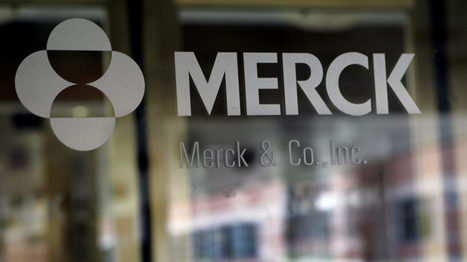At an all-day meeting for investors last month in a posh Manhattan event space, executives at Merck couldn’t have been more excited about a new HIV drug, MK-8591. They mentioned it 25 times, calling it “a game changer” and talking up its “remarkable properties.” Why? If effective, it could be used in a new drug combination that might have fewer side effects, the company says. More excitingly, it might be fashioned into an implant that could be given only once a year to prevent patients at high risk from contracting HIV, a boon to public health.
The first results on both approaches are being presented this week in Mexico City at the annual meeting of the International AIDS Society. The data on the implant is being released Tuesday, and the drug combination data will be presented on Wednesday.
One of the benefits of MK-8591 is that it builds up in the body, and it could be given as an implant that might only need to be replaced once a year. By contrast, Gilead’s HIV pill Truvada, given to patients at high risk of HIV, is a once-a-day pill. Researchers randomly assigned four patients to receive a placebo implant, six to receive an implant with a 54-milligram dose of MK-8591, and six with a 62-mg dose, and followed them for four months. Based on blood levels of the drug, the researchers predicted that the 54-mg implant could prove effective for between eight and 10 months, and the 62-mg implant should protect against HIV infection for a year. Larger, longer studies will need to be completed to see if that promise bears out.
The drug also got a new name this week: islatravir. It is the first drug with the root “travir,” an indication, Merck said, that the medicine is a new drug class, called a nucleoside reverse transcriptase and translocation inhibitor.



 Your new post is loading...
Your new post is loading...







